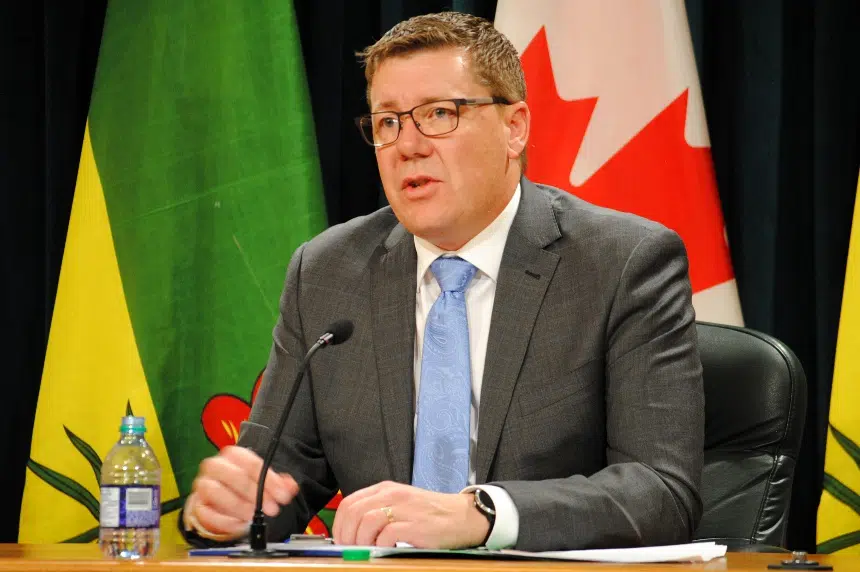When it comes to Saskatchewan’s new COVID-19 restrictions, Premier Scott Moe said he wants to avoid a scenario like the one playing out in Manitoba, where non-essential businesses like restaurants and gyms have had to close.
Moe told Gormley on Wednesday morning that he does not believe a shutdown of that kind will be necessary in this province.
“I don’t think we need to …,” Moe said. “We’ve been able to do this before. We’ve been able to drive these numbers down in previous attempts and now we just need to do it again.”
“We for sure want to have an opportunity to mix with our friends and family a little bit over Christmas but in particular, our family that might be in a long-term care home for instance.”
The government will soon be consulting with businesses like the hospitality sector on what to do next.
“There are definite mental health attributes to doing things like youth athletics, for sure worship services, even going to work,” Moe said. “But is there a way for us to do all of these things safely, more safely than we even have been?”
Moe also gave his rationale for why private indoor gatherings have been limited to five people when more people are able to gather at venues like restaurants.
He said the government wants to reduce the spread of the virus in home gatherings, arguing that is where people take fewer precautions.
“I’ve done this: I go into my parents’ house and I take my mask off and I let my guard down. I think we are all guilty of that. At some point in time, you sit down to eat (and) everybody touches the same spoon,” Moe said.
At a restaurant, for instance, Moe said “we are much less likely to let our guard down,” and more likely to follow protocols that have been set.
Currently, Moe said the test positive rate in Saskatchewan exceeds five per cent. He said the province is trying to flatten that number and has increased capacity for testing and contact tracing.
Masks have been mandatory in the province’s three biggest cities since Nov. 3, with the public health order expanded twice. Moe said at this point, he doesn’t know what effect the first order will have.
“I think it’s important for us to remember that masking is not a panacea. It doesn’t solve our problems and what it is is a layer of protection and it needs to be associated with all of the other things that we are doing,” he said.
“Why we went to mandatory masking in all communities now was I was contacted over the weekend by a number of MLAs, who were contacted by their constituents, as well as a number of people that I talked to as well. (The previous order) was just too confusing.”







